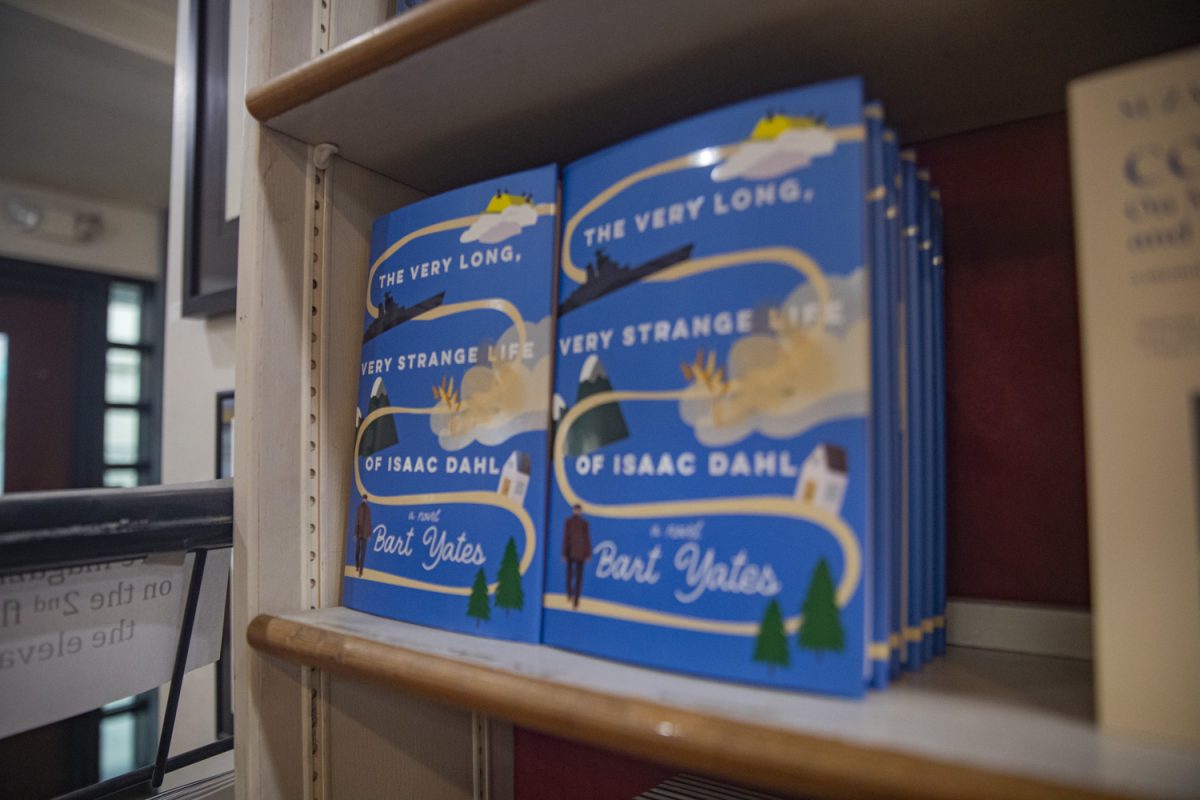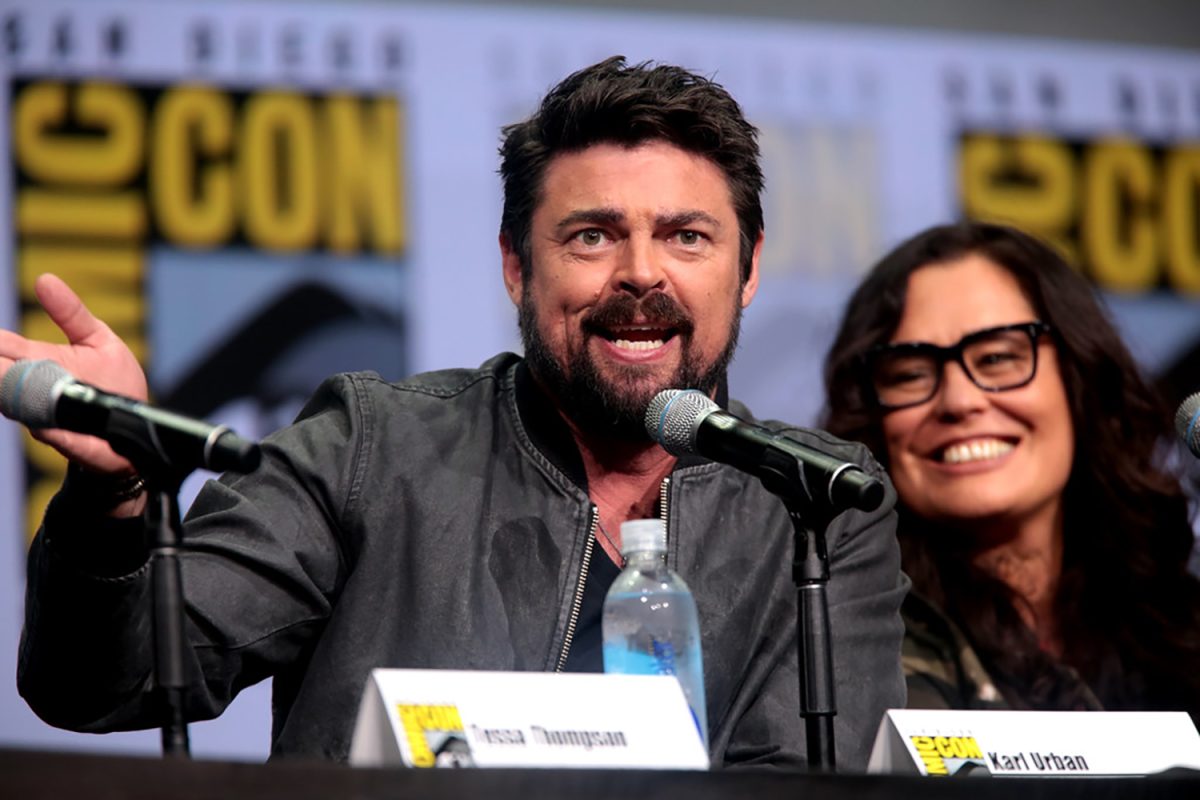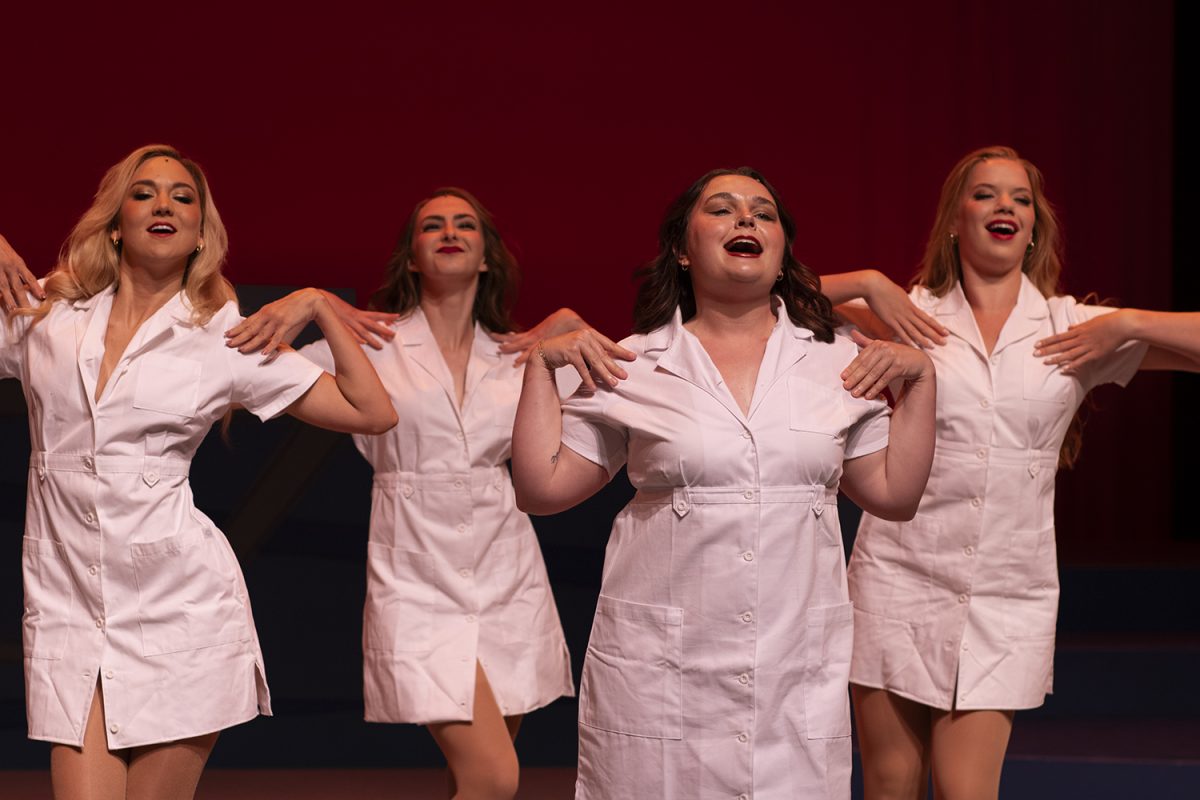Even if we try our best to be politically correct, it is inevitable that “proper” terms change, ideals shift, and our cultural understanding evolves.
Today at 10 p.m. in the IMU Second-Floor Ballroom, members of social-activist performance troupe GTC Dramatic Dialogues will produce *Strange Like Me*, an interactive piece designed to help remedy gaps in this ever-evolving understanding. The show addresses issues of race, gender, and sexuality that some viewers might not yet have been forced to fully confront.
“It’s my favorite show [in our repertoire]; it has the issues I care most about,” said Michael Agnew, the GTC artistic director and scriptwriter. “We try to encourage all points of view and give the audience something to chew on.”
Because the show was originally written nearly three decades ago, Agnew recently realized that, given the state of current events in our fluid social landscape, he needed to revise the show. Now, not only has he written an entirely new scene addressing trans issues, he’s also made amendments to an original scene.
“We have a scene that covers racism and sexism which was written in 1987,” he said. “Up until about a year or two ago, it worked like a charm; this is the first time we’ve updated it.”
For these scenes, three actors act in situations in which social tensions are brought to the surface. After the scenes plays out, the actors invite the audience to join the conversation by asking them questions and encouraging them to make comments.
“In addition to the script, we get packets and packets of information [about race and gender],” said actor Theo Langason. “We have points we know we need to hit and want to steer the audience toward.”
Armed with the information from these packets, Langason and his fellow actors remain in character, even after the show has ended, to field questions from the audience.
In the two scenes, Langason plays an educated black man and a transgender individual, both struggling with their identities.
“The main thing is we’re trying to get people to see [these struggles] from all sides,” he said. “Once people get over not wanting to say anything to offend someone, that’s when the conversation can begin.”
Members of the troupe make a point to avoid labeling any one character as “hero” or “villain.” For example, in one scene addressing white privilege, a conversation in a college dining hall is peppered with micro-aggressions committed by characters from both sides of the argument, informing the audience that comprehension and empathy can be difficult no matter where one stands.
As such, Agnew felt the performance could hold relevance to people from all corners of society.
“Anyone would benefit [from coming to this show],” he said. “We’ve done it for all levels of experience. For people who know a lot about these issues, they push us to go deeper, and for those who don’t know as much, we try to push them to go deeper, too.”
That’s the overall aim of the event: to create a space in which the audience can frankly discuss the issues we all face as people of modern society.
“It’s rewarding to have a bunch of students come up after the show and be interested — they’re thinking about it,” Langason said. “Even if the culture at the school isn’t that good, you still get people thinking about it. That’s the most rewarding, having students who come to these shows and want to change the environment they live in afterwards.”







